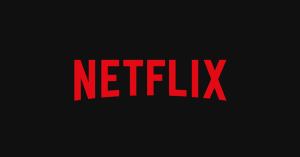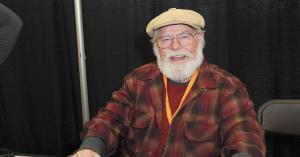Mel Gibson is in the middle of a bit of a comeback right now despite egregious scandals over the years and repeated absences from Hollywood. Whenever Gibson resurfaces, culture critics wonder about his career resilience online, but actor Joshua Malina is taking things a step further. In a new op-ed for The Atlantic, Malina calls on everyone to “Cancel Mel Gibson.”
Malina – best known for playing Will Bailey onThe West Wing – wonders why Gibson is still getting work in the entertainment industry and what it would really take to “cancel” him. He points to the recent stories about Gibson joining the cast of the John Wick spinoff The Continental, and Deadline‘s report that Gibson is “in talks to direct Lethal Weapon 5.” He also alludes to Gibson’s past scandals without listing them all out, writing: “Gibson is a well-known Jew-hater (anti-Semite is too mild).”
Videos by PopCulture.com
Malina also acknowledges that Gibson is talented and that sometimes talented artists exhibit abhorrent behavior in real life. He jokes: “Put me down as an ardent fan of Roald Dahl, Pablo Picasso, and Edith Wharton; can’t get enough of what they’re selling. But these three had the good taste to die. That makes it a lot easier to enjoy their output. Gibson lives. And Tinseltown need not employ him further.”
Malina also touches on a popular point about “cancel culture” itself – that the persistent career of a person like Gibson casts doubt on whether “cancel culture” even exists. If Gibson can continue to get work in spite of his “egregious” bigotry, and in spite of the loud outcry against it, then he has not been “canceled” in any meaningful sense.
The essay turns personal as Malina reflects on his own Jewish identity and his identity as a working actor. He points out the uptick in anti-Semitic violence over the last few years, citing a Haaretz report that Jewish people were targeted by over 50 percent of the religious hate crimes in the U.S. in 2020. In the wake of tragedies like the Tree of Life massacre, he wonders: “Is this really the time to glorify a man like Mel Gibson?”
Even in a serious article like this, however, Malina’s sense of humor shines through. He waves away some of the excuses and explanations Gibson has given for his behavior over the years, including the story that he said things he didn’t truly believe under the influence of alcohol. Malina writes: “but, seriously, in vino veritas – I myself once stood up at Nobu after a bit too much sake and announced, ‘I wish I were taller!’”
Malina also wonders how many Jewish people are involved in hiring Gibson for these new projects, or collaborating with him on them. He describes Warner Bros. as “a company founded by Jews,” and suggests that it could easily find someone with Gibson’s talent but without the baggage to take on these jobs.
Malina ends his essay with a weary prediction that it won’t make much of a change and is more likely to impact his own career than Gibsons. He accepts that and concludes: “It would be great if higher-profile executives, producers, and actors would also take a stand. Then I could believe in this cancel culture I keep reading so much about.”





